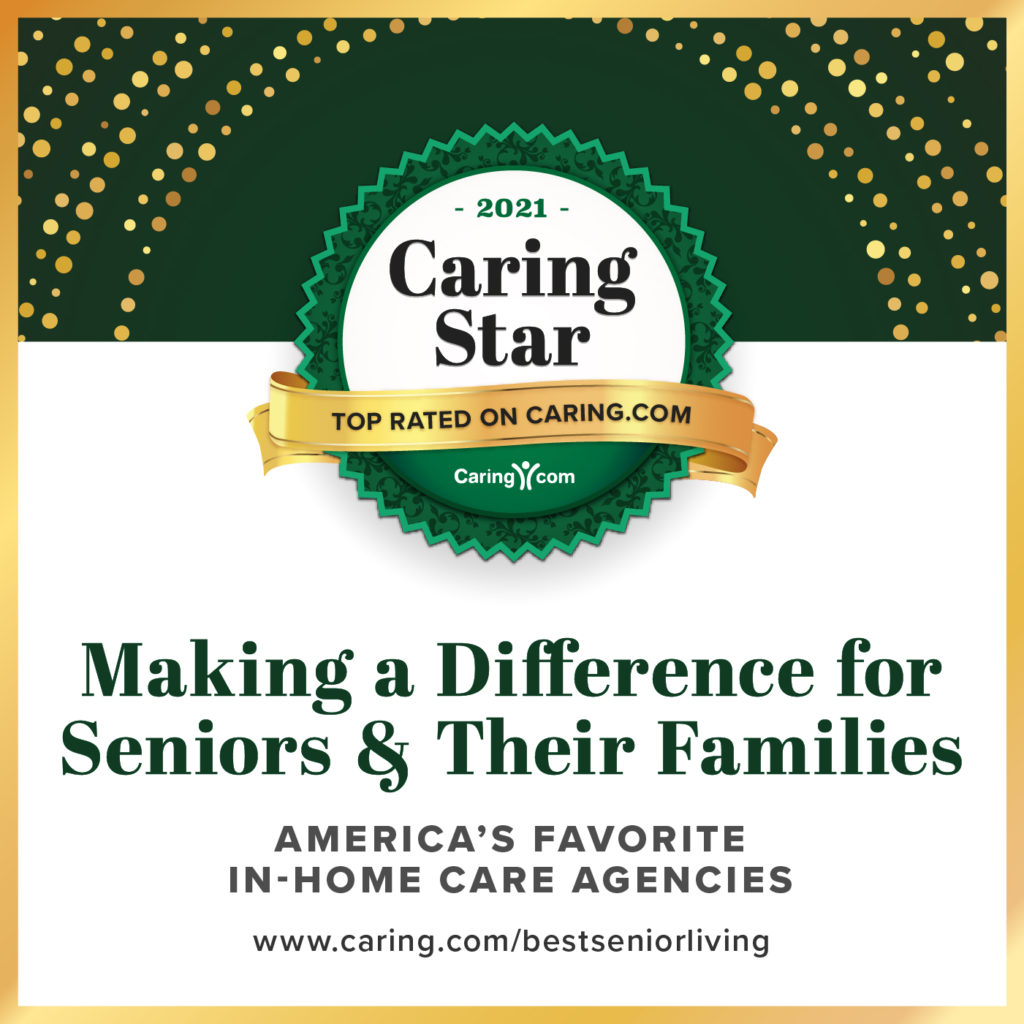End of Life Support
Acuity Homecare offers supplemental support to help alleviate the burden that client’s and families feel at end of life. At times when clients are most uncomfortable and fearful, we offer a feeling of comfort and sense of refuge.
We work closely with hospice agencies to ensure your loved one gets the best assistance possible at end of life. Our caregivers are well trained and experienced in assisting and supporting individuals during their final months, weeks or days of life. We take guidance from the hospice nurse case manager while documenting and communicating important changes to them, so you or your loved one remain comfortable and free from distress. Our caregivers can offer/ prompt clients to take their pre-filled , prescribed medications at times when the hospice nurse is not present. Our administrative staff supervises all caregivers and coordinates with the hospice nurse case manager in formulating an effective care plan to ensure optimal comfort for you or your loved one.


